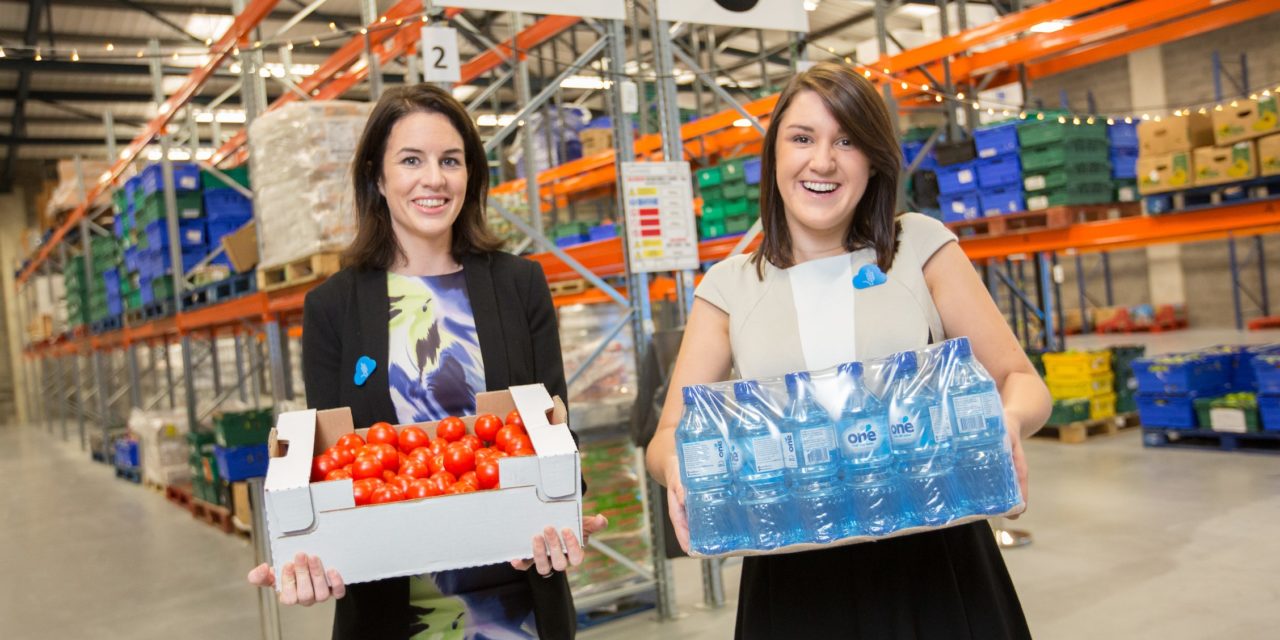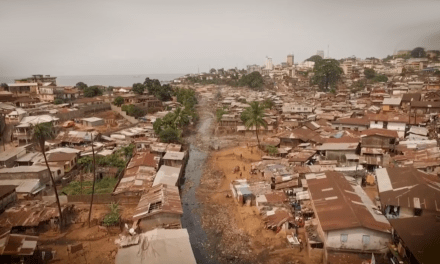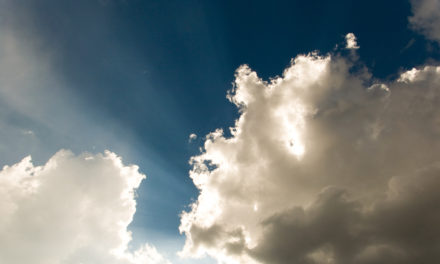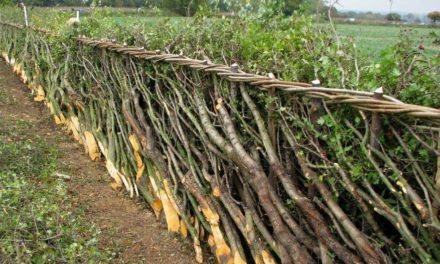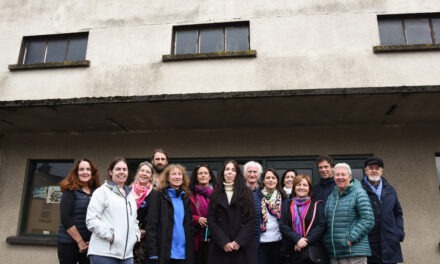As the Irish government declares a climate and biodiversity emergency, Patrick Kelleher asks what communities can be going to lessen their impact on the environment.
In May, the Irish government declared a climate and biodiversity emergency, making Ireland the second state in the world to do so. The decision came after years of stark warnings from scientists about the destruction of our planet and the disastrous consequences of climate change.
Perhaps the most stark of those warnings came last October, when the United Nations warned that, if we continue as we are, the world could get as much as 3°C warmer.
Swift and decisive action must be taken at all levels. Governments will have to change policies and capitalism will have to be challenged. At a grassroots level, communities are going to have to start living in a more sustainable way and building more resilient localities for themselves.
There are many things community groups can do to contribute to efforts to limit the impact of climate change but, for Davie Philip, the first step is clear: communities must pull together.
Davie is an environmental activist and founder of Cultivate Living and Learning, and is one of the founding members of Cloughjordan Ecovillage in Tipperary.
“I think, in some ways, we’ve lost our capacity to actually work together. We’re so individualised now,” Davie says. “We’re going to have to think differently about the way we do almost everything.”
It is, Davie says, about more than recycling at this point. Communities are going to have to fundamentally change the way they exist if they want to help offset the impact of climate change.
“What we have to think about is our vulnerabilities in the global system,” Davie says. “We depend on food and energy that’s shipped in from halfway around the world. If there’s any weather disruptions, political disruptions, conflicts, we are going hungry or we’re in the dark. So, we need to be thinking about localising our economies, especially around food and energy. There’s huge opportunity to do that now.”
One means of doing this is through community-supported agriculture. Under the system, a group of people pays a farmer an agreed fee for a season or for a year and, in turn, they receive local, organic food.
“It’s massive across the world,” Davie explains. “In Ireland, there are seven initiatives. Ours [in Cloughjordan] is probably the biggest. We have 75 subscribers; we pay two farmers a better wage. It’s actually quite an easy thing to do if you’ve got a cohesive community.”
On the more advanced end of the spectrum, communities can consider looking at the Cloughjordan Ecovillage for inspiration. The village has more than 100 residents living in high-performance green homes, and has over 20,000 newly planted trees. One of the major strengths in the village is that everybody works together to live in a way that is sustainable.
“Most people know the characters in their favourite soap opera better than their neighbours,” says Davie. “They’re so isolated. We’re working in little boxes, watching little boxes, shopping in big boxes. It’s small pathways of reconnection to a place, reconnecting to the people around us, reconnecting to local providers, farmers, local producers, reconnecting to the living systems around us and regenerating them: that’s what we need to do, in a nutshell.”
FoodCloud
Another measure communities can take to reduce their impact on climate change is to reduce food waste. Producing, transporting and storing food uses fuel and energy, meaning that, when it is wasted, there is an environmental impact. The Department of Communications, Climate Action and Environment says that more than one million tonnes of food are disposed of in Ireland each year, with a third of this coming from households. How much comes from sports clubs, community centres, community cafés, and community events, such as festivals?
In 2013, Aoibheann O’Brien and Iseult Ward decided they wanted to give surplus food a second life. They founded an organisation called FoodCloud, which distributes leftover food from businesses and supermarkets to charities and NGOs across Ireland.
“All of that food that we put on our systems to save would otherwise have gone to waste because stores were not giving that food to people,” says Eimear Delahunty, charity engagement manager with FoodCloud. “They were selling it down and whatever was left at 11 o’clock at night was going straight into their landfill.”
By taking surplus food and stopping it from going to a landfill, Eimear says that community groups are “playing a part in a very big environmental project [that] means that we are reducing food waste in Ireland”.
“Whenever we’ve done impact surveys, you can see that the environmental part of what we do really resonates with community groups,” Eimear says. “They really do want to be a part of something that is so positive and also something that adds to their own services in a way that means something personally to them.”
Voice Ireland
While communities often want to enact change, they can sometimes struggle to figure out where to start. This is where Voice Ireland’s Conscious Consumption Communities programme comes in. It supports communities to make changes through workshops and education.
“We’re trying to change the system and to empower communities to make changes and educate them about waste issues,” says Aoife Britton, project manager at Voice Ireland.
“We created a programme that could respond to communities,” she continues. “We don’t go in and tell them what to do, we try to support them to do whatever they want to do. We try to empower and support the community to make changes that are important to them and their locality.
“We offer support,” Aoife says. “We meet them wherever they’re at on that particular journey.”
So far, 12 communities have taken part in the Conscious Consumption Communities programme, and they have funding to work with seven more. Aoife believes that there is an increased awareness of environmental issues and that more communities now want to enact change at a grassroots level.
“There’s a huge concern around plastic at the moment,” says Aoife. “People are very concerned about it and want to change things in their area. They want to educate their communities and get them onboard and reduce their use of plastics.
“There’s also a lot of concern around disposable waste – disposable coffee cups, disposable bags, single use plastics and single-use items. There’s a lot of concern around people recycling properly, composting properly, and bringing their communities on board and getting people involved.”
Waste reduction by community groups
Waste reduction and recycling are very important. As well as cleaning up their own act, community groups are well placed to lead bottom-up campaigns to lobby local businesses and suppliers – and big business – to end the unnecessary packaging of food and other items.
That assumes they are on top of the issue themselves. If your community café is still using plastic straws, start there.
This is going to grow. Civil society groups will soon be looking to have plastic-free towns. Saying goodbye to plastic straws is only a first step.
Apply this autumn for SEAI grants
The Sustainable Energy Authority of Ireland (SEAI) works with communities to transform how we think about and use energy.
You can apply to improve energy ratings of homes across your whole community through the SEAI’s Better Energy Communities scheme.
From the autumn, the SEAI will welcome applications for 2020 grants.
Start a Cottage Market
By setting up a Cottage Market, you are helping to mitigate climate change, promote rural life and support grassroot enterprises.
A Cottage Market is led by the community for the community, and develops organically “from the inside out,” according to founder Karen O’Donohoe.
Karen has teamed up with the founder of Grow It Yourself, Mick Kelly, and there are fabulous tips on both of their websites on how best to proceed.
Community farming
To see why people change careers and get into community-supported agriculture, read our report [Issue 47, Autumn 2014, page 22] about a professional surfer who gave up the jet-setting lifestyle to establish Moy Hill Farm in Co Clare.
Moy Hill is now a 60-acre farm. Check out their truly incredible progress in this video uploaded in June of this year.
Grow It Yourselves!
It’s not all about reducing. One thing you can expand is your community’s interest in gardening.
There are also great tips online about starting a community garden.
Recycling
Community groups can seek to improve access to recycling facilities and, at the same time, offer educational programmes – for example in conjunction with local schools – to educate residents about the importance of recycling.
Bottom-up action
What can communities start doing today? Well, it starts with simple steps:
- Let the grass grow. This creates a bee-friendly environment, and frees up labour.
- Serve ice-cold fresh tap water at events instead of handing out plastic bottles.
- Provide a recycling system at events.
Interested in reading more about the state of Ireland’s community development sector? Check out our latest issue.

